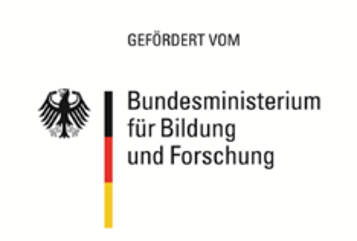Literatur zur Krisenkommunikation
Critical Health Literacy in a Pandemic: A Cluster Analysis Among German University Students
Beschreibung
Objectives: In the COVID-19 pandemic, critical health literacy (CHL-P) has been proposed as a means of addressing issues of complexity, uncertainty, and urgency. Our study aimed to identify CHL-P clusters among university students in Germany and to analyze associations with potential determinants.
Methods: In May 2020, students at four German universities participated in the COVID-19 International Student Well-Being Study, an online survey that yielded a non-probabilistic sample of N ? 5,021. CHL-P, COVID-19-related knowledge, worries, risk perception, and adherence to protective measures were measured in an online questionnaire with selfconstructed items. We conducted a cluster analysis of the five CHL-P items and performed logistic regression analyses.
Results: Two CHL-P clusters were identified: high vs. moderate CHL-P. Belonging to the high-CHL-P cluster (31.2% of students) was significantly associated with older age, female/other gender, advanced education, higher levels of parental education, and moderate importance placed on education. In addition, higher levels of knowledge, risk perception and worries, and adherence to protective measures were associated with high CHL-P cluster membership.
Erschienen
2021
Themen
Krisenwahrnehmung
Autor*innen
Heinrichs, Katherina
Abel, Thomas
Matos Fialho, Paula M.
Pischke, Claudia R.
Busse, Heide
Wendt Claus
Stock, Christiane
Abel, Thomas
Matos Fialho, Paula M.
Pischke, Claudia R.
Busse, Heide
Wendt Claus
Stock, Christiane
Zeitschrift
Int J Public Health
Band
66
DOI
10.3389/ijph.2021.1604210
